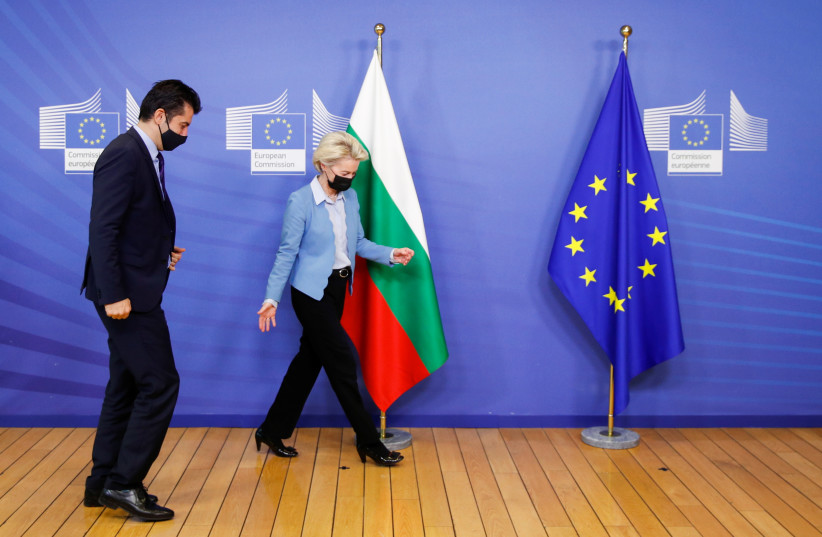The European Union's executive will propose a new mechanism to punish disinformation around the world, foreign policy chief Josep Borrell said on Tuesday, citing what he said were lies intentionally spread by Russian state-owned media.
Borrell told the European Parliament that the EU should be able to freeze assets and ban travel to the bloc of those deemed responsible, in order to highlight such abuses of information to manipulate and mislead.
"I will propose a new mechanism that will allow us to sanction those malign disinformation actors," Borrell said, adding that he was not trying to define what was true or false in news, but to protect against manipulation of societies.
He singled out Russian state-owned television network Russia Today and news agency Sputnik as examples of "instruments to push this narrative to manipulate and mislead" Russian people over Moscow's invasion of Ukraine.
Borrell said Moscow was not just bombing houses and infrastructure in Ukraine but also targeting Russians with fake news and disinformation. "They are bombing their minds," he said.
The proposal comes after European Commission President Ursula von Der Leyen said the 27-member bloc will ban the channels following Russia's invasion of Ukraine.

Borrell did not give more details about the timing of his proposal. EU governments would have to agree, draw up legal acts and agree on the names of those to target.
